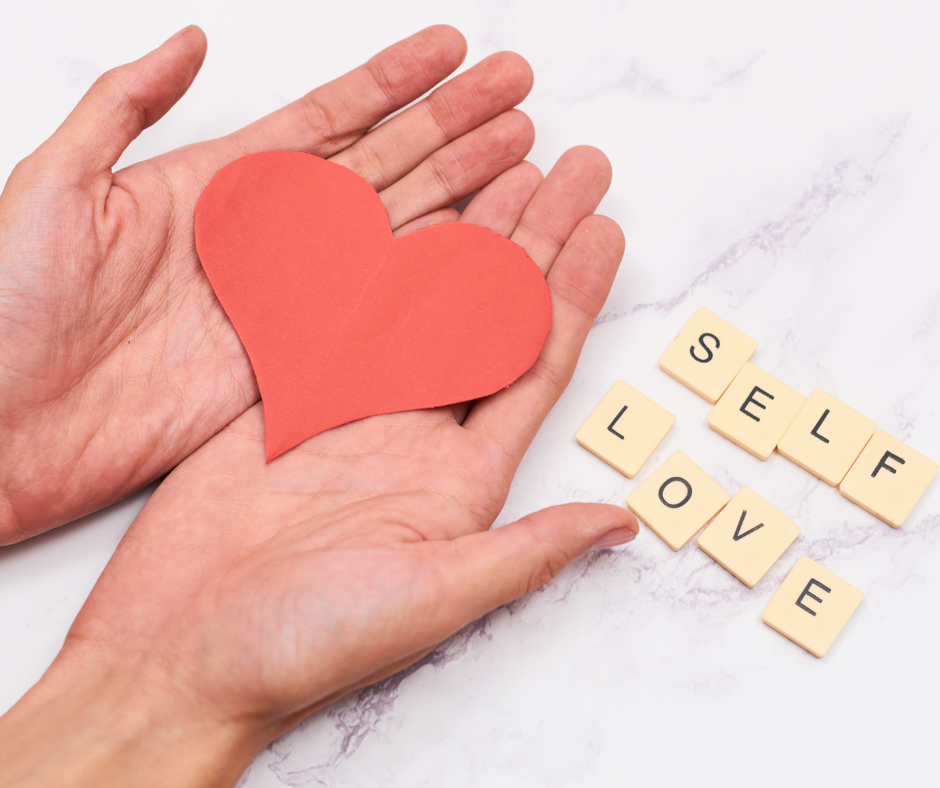In today’s fast-paced world, we often find ourselves juggling numerous responsibilities and relationships. While we strive to nurture and love others, we sometimes forget the most crucial relationship of all—the one we have with ourselves. Self-love is not a selfish act; it is the foundation upon which all healthy and meaningful relationships are built. By prioritizing self-love, you cultivate a sense of inner peace and strength, empowering you to love others authentically and wholeheartedly.
In this blog, we’ll explore the importance of self-love, how it affects your ability to build relationships, and practical steps to nurture yourself first.
Why Is Self-Love Important?
Self-love is the practice of valuing and caring for yourself. It encompasses recognizing your worth, embracing your flaws, and treating yourself with kindness. Here’s why it’s essential:
1. Healthy Relationships Begin with You
Your relationship with yourself sets the tone for how you interact with others. If you lack self-respect or self-esteem, it may lead to unhealthy dynamics in your relationships, such as dependency, insecurity, or resentment.
2. Emotional Resilience
When you prioritize self-love, you develop emotional resilience. It allows you to bounce back from setbacks and approach challenges with a positive mindset. This resilience enables you to offer support to others without losing your own balance.
3. Authenticity in Love
When you love yourself, you bring your authentic self into your relationships. You won’t feel the need to seek external validation because your sense of worth comes from within.
How Self-Love Impacts Your Ability to Love Others
Self-love isn’t just about improving your life; it significantly impacts your ability to give and receive love:
- Empathy and Compassion: When you treat yourself kindly, it’s easier to extend the same kindness to others. You understand their struggles without judgment because you’ve learned to do so for yourself.
- Boundaries and Balance: Loving yourself means knowing your limits. Setting boundaries ensures that you don’t overextend yourself, which is essential for maintaining healthy relationships.
- Reduced Toxic Patterns: A lack of self-love can manifest as jealousy, possessiveness, or constant seeking of approval. When you nurture yourself, you break free from these patterns, creating space for healthy, mature connections.
Practical Steps to Cultivate Self-Love
Now that we understand the importance of self-love, let’s explore how you can start nurturing yourself:
1. Practice Self-Acceptance
Stop comparing yourself to others. Embrace your unique qualities and imperfections. Remember, you are enough just as you are.
2. Prioritize Self-Care
Set aside time for activities that rejuvenate your mind, body, and spirit. This could include meditation, journaling, exercising, or indulging in your favorite hobbies.
3. Develop Positive Self-Talk
Pay attention to your inner dialogue. Replace negative self-talk with affirmations and words of encouragement. Be your own cheerleader.
4. Set Healthy Boundaries
Learn to say no without guilt. Respecting your own limits is a powerful act of self-love.
5. Celebrate Your Achievements
Acknowledge your accomplishments, no matter how small. This helps build self-esteem and reinforces your value.
6. Seek Support When Needed
Self-love also means recognizing when you need help. Don’t hesitate to reach out to friends, family, or professionals for guidance.
Overcoming Barriers to Self-Love
For many, the journey to self-love isn’t straightforward. Here are some common challenges and how to address them:
- Past Trauma: Unresolved trauma can hinder self-love. Seeking therapy or counseling can help you work through these issues.
- Societal Pressures: Social media and societal standards can make self-acceptance difficult. Limit your exposure to unrealistic ideals and focus on your own journey.
- Fear of Being Selfish: Remember, self-love isn’t selfish—it’s necessary. You can’t pour from an empty cup; taking care of yourself allows you to give more freely to others.
The Ripple Effect of Self-Love
When you practice self-love, its positive effects ripple into all areas of your life:
- Improved Mental Health: You feel less anxious and more confident.
- Better Relationships: You attract people who respect and value you.
- Increased Productivity: A healthy self-image boosts your motivation and creativity.
Conclusion
Self-love is not a luxury; it’s a necessity. By nurturing yourself, you lay the foundation for stronger, healthier relationships with others. Remember, the love you give to yourself is the fuel that powers the love you share with the world.
Start your self-love journey today. Embrace your uniqueness, celebrate your achievements, and prioritize your well-being. Only when you truly love yourself can you love others in the way they deserve.
So, what’s stopping you? Begin your self-love journey now—because you are worth it.











Kalden Doma
An internationally renowned thought leader in rediscovering & mind training life skills. Kalden Doma has been delivering inspirational lectures across the globe for over 17 years. A driven entrepreneur, started a mind training academy in 2001. She coaches students, entrepreneurs, & executives.